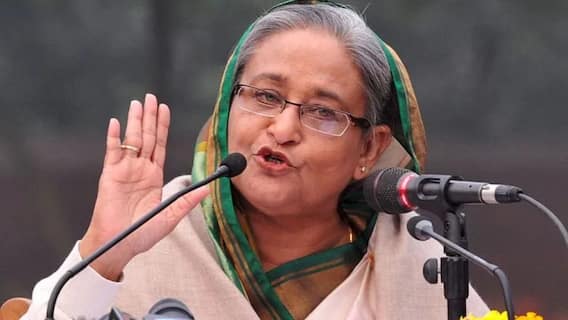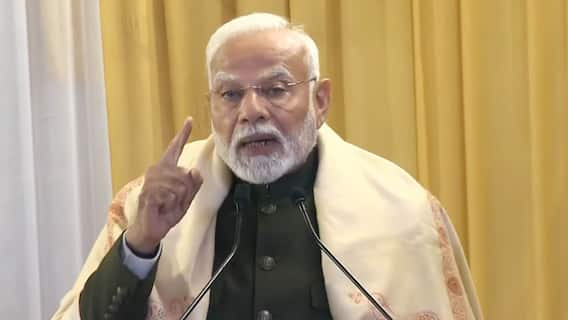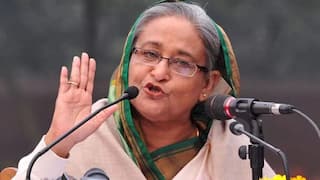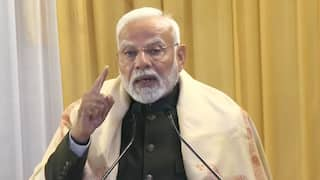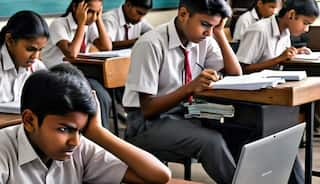IMF MD Kristalina Georgieva Says Global Energy Price Rise Will Hurt India's Economy
During a media roundtable on the Russia-Ukraine conflict, Gita Gopinath, the first deputy managing director of the IMF, observed that the war has posed a challenge to global economies, including India

New Delhi: Kristalina Georgieva, managing director of the International Monetary Fund (IMF) has said India has been very good at managing its finances, however, the surge in global energy prices, mostly crude oil, is going to have a negative impact on its economy, as reported by the PTI.
As India is highly dependent on energy imports, the surge in energy prices is going to have a negative impact, she said, while adding, “India has been very good in managing its finances.” However, she maintained that there are some fiscal spaces to be able to respond to the challenge.
During a media roundtable on Thursday on the Russia-Ukraine conflict and its global impact, along with Georgieva, Gita Gopinath, the first deputy managing director of the IMF, observed that the war has posed a challenge to economies around the world, including India.
Gopinath said, “India relies heavily on energy imports and the price is going up. That has implications on the purchasing power of Indian households. If you're looking at headline inflation numbers, inflation in India is close to around six per cent, which is the upper end of the inflation band for the Reserve Bank of India.”
This will have implications on the monetary policy in the country and will pose a challenge in many parts of the world, including India, according to Gopinath.
On the other hand, Georgieva said, “Clearly the most significant channel of impact on the Indian economy is energy prices.”
The IMF managing director said, “Our advice to our members is first and foremost make sure that you protect the most vulnerable populations from the shot up of prices, not only energy but also foot food prices for countries where this is going to be a significant factor.”
“Target your fiscal space to those that are in a grievous need to be supported. We would also be looking into monetary policy responses, as to how could they be calibrated appropriately to what is happening,” Georgieva added.
Trending News
Top Headlines





